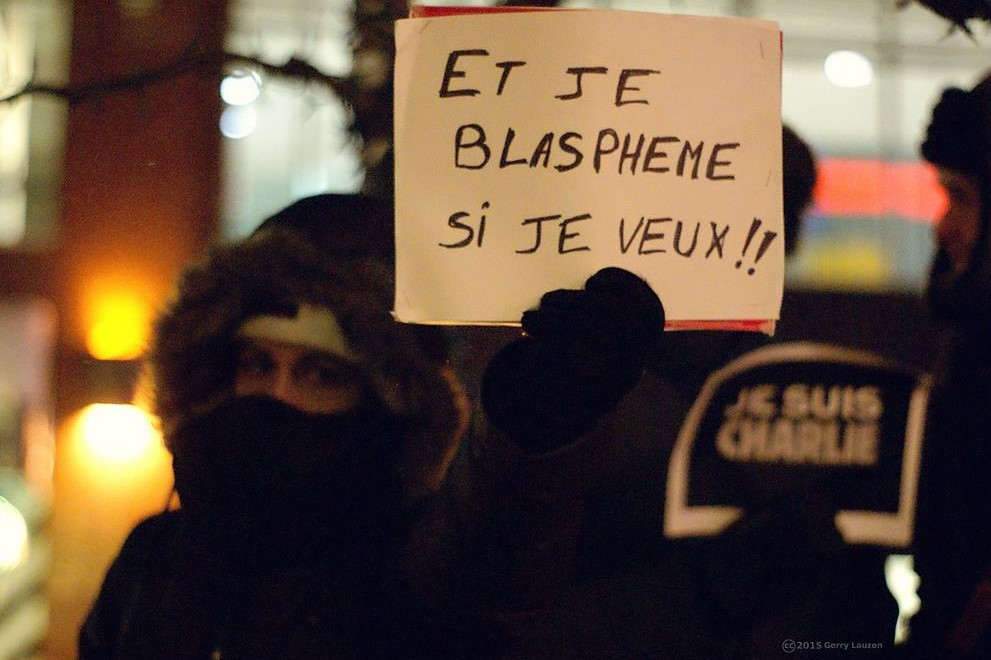The Mila case, named after the 16-year-old girl threatened with death for criticising Islam, is causing panic in the political, legal and journalistic sphere. What does the law say?
The case dates back to January 19. Mila, a 16-year-old schoolgirl from the Lyon region, is chatting with Internet users on social networks (Instagram, in particular). The conversation escalated. Bird names are flying low. Among other things, it’s about religion. A little later, in a video, Mila goes straight to the point: “The Koran is a religion of hate […] Your religion is shit, your God, I’ll stick a finger in his asshole, thank you goodbye.
These islamophobic remarks do not go unanswered. Mila was immediately subjected to cyber harassment, insults and death threats. Personal information is made public. Things are becoming worrying, to the point that Mila has to change schools.
The Pleven Act of 1972
The public prosecutor’s office in Vienna, Isère has opened two preliminary investigations. One for death threats, harassment and use of personal data. The other for “incitement to racial hatred” repressed by the famous Pleven law of 1972.
Article 24 of this law provides that “those who have provoked discrimination, hatred or violence against a person or group of persons on account of their origin or their membership or non-membership of a particular ethnic group, nation, race or religion shall be punished by one year’s imprisonment and a fine of 45,000 euros or by one of these two penalties only”.
But the Declaration of the Rights of Man and of the Citizen specifies that “no one shall be disturbed for his opinions, even religious, provided that their manifestation does not disturb the public order established by the law”.
It is in this context that the Keeper of the Seals, Nicole Belloubet, made surprising remarks on Wednesday, January 29, 2020, at the microphone of Europe1, explaining that “insulting religion was an ‘attack on freedom of conscience’. »
Precision that conscience, that’s what I think. Expression, that’s what I say. I think what I want. I don’t have the right to say what I want.
Jurisprudence Charlie Hebdo
Politicians, but also jurists and journalists denounced the minister’s remarks, which were back-pedalled a few hours later in the National Assembly. She received the support of the Minister of the Interior. Christophe Castaner said that the offence of blasphemy did not exist in France.
Several jurists have also stepped up to the plate. They recall that in 2007, the trial of Charlie Hebdo prosecuted for the cartoons of Mohammed had thus decided the question: “In France, a secular and pluralist society, respect for all beliefs goes hand in hand with the freedom to criticize religions of any kind and the freedom to represent subjects or objects of religious veneration; blasphemy, which offends divinity or religion, is not repressed in France, unlike insult, as long as it constitutes a personal and direct attack directed against a person or a group of people because of their religious affiliation. »
That says it all.

